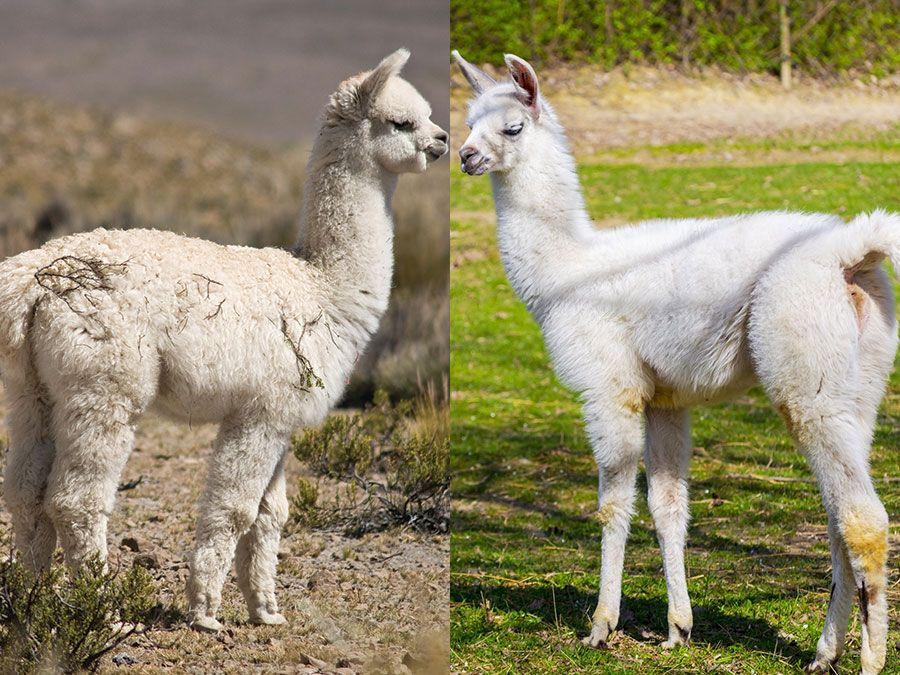Nội dung bài viết
- Origin and Significance of Alpacas
- Types of Alpacas and Their Characteristics: Huacaya vs. Suri
- Alpaca Care and Husbandry: Feeding Your Alpaca
- Can Alpacas Eat Watermelon? The Juicy Truth
- The Alpaca Industry and Its Products: More Than Just Fleece
- Interesting Facts and Myths about Alpacas: Debunking Common Misconceptions
- FAQs
- Conclusion
Can Alpacas Eat Watermelon? It’s a question many alpaca owners and enthusiasts ponder, especially during those hot summer months. While the image of a fluffy alpaca happily munching on a juicy slice of watermelon is undeniably adorable, the reality is a bit more nuanced. Understanding what alpacas can and can’t eat is crucial for their health and well-being. So, let’s dive into the world of alpaca nutrition and explore whether watermelon is a safe and suitable treat for these charming camelids.
Origin and Significance of Alpacas
Where do these fascinating creatures come from? Alpacas originate from the Andes Mountains of South America, specifically Peru, Bolivia, Chile, and Ecuador. They have been domesticated for thousands of years, prized for their luxurious fleece and gentle nature. For centuries, these animals have played a vital role in the livelihoods of Andean communities, providing not only a source of warm, high-quality fiber but also companionship and a connection to their rich cultural heritage.
Types of Alpacas and Their Characteristics: Huacaya vs. Suri
What are the different types of alpacas? There are two main breeds of alpacas: Huacaya and Suri. Huacaya alpacas, the more common breed, boast a dense, crimped fleece that gives them a fluffy, teddy bear-like appearance. Suri alpacas, on the other hand, have long, silky fiber that hangs in lustrous locks, resembling dreadlocks. Both breeds are known for their gentle dispositions and unique personalities. While their fiber characteristics differ, both types require similar care and have similar dietary needs.
 Alpaca Breeds: Huacaya and Suri
Alpaca Breeds: Huacaya and Suri
Alpaca Care and Husbandry: Feeding Your Alpaca
How should you care for an alpaca? Proper alpaca care and husbandry are essential for their health and happiness. This includes providing a balanced diet consisting primarily of hay, pasture grass, and a small amount of alpaca pellets. Fresh, clean water should always be available. Regular shearing, vaccinations, and hoof trimming are also crucial aspects of alpaca care. Understanding their nutritional needs can help you make informed decisions about supplemental treats like watermelon.
Can Alpacas Eat Watermelon? The Juicy Truth
Can alpacas actually eat watermelon? While alpacas can technically eat watermelon, it’s not recommended as a regular part of their diet. Watermelon is high in sugar and water content, which can disrupt their digestive system and lead to health issues like diarrhea. Small amounts as an occasional treat are unlikely to cause harm, but it’s important to prioritize their primary diet of hay and grass. Always consult with a veterinarian or experienced alpaca breeder before introducing new foods to their diet.
 Alpaca Enjoying Hay
Alpaca Enjoying Hay
The Alpaca Industry and Its Products: More Than Just Fleece
What products are made from alpaca fiber? The alpaca industry extends beyond just their fleece. While alpaca fiber is highly valued for its softness, warmth, and hypoallergenic properties, it’s not the only valuable product. Alpaca manure is an excellent fertilizer, and some cultures even use alpaca dung as a fuel source. Alpaca meat is also consumed in some regions. The versatility of these animals highlights their economic and cultural significance.
Interesting Facts and Myths about Alpacas: Debunking Common Misconceptions
Are alpacas llamas? One common misconception is that alpacas and llamas are the same. While they are closely related, they are distinct species. Alpacas are generally smaller than llamas and have a more gentle temperament. They also have different fiber characteristics. Understanding these distinctions helps appreciate the unique qualities of each animal. Another myth is that alpacas are aggressive. In reality, alpacas are generally docile and curious creatures.
 Alpaca and Llama Comparison
Alpaca and Llama Comparison
FAQs
Q: Can alpacas eat fruit?
A: Alpacas can eat small amounts of fruit as an occasional treat, but it shouldn’t be a regular part of their diet.
Q: What is the primary diet of alpacas?
A: Hay and pasture grass make up the bulk of an alpaca’s diet.
Q: Are alpacas good pets?
A: Alpacas can make wonderful companions, but they require specialized care and a suitable environment.
Q: How often should alpacas be sheared?
A: Alpacas are typically sheared once a year.
Q: Where can I learn more about alpaca care?
A: Reputable alpaca breeders, veterinarians specializing in camelids, and online resources can provide valuable information on alpaca care.
Conclusion
So, can alpacas eat watermelon? While a small nibble likely won’t harm them, it’s best to stick to their natural diet of hay and grass. By understanding their nutritional needs and providing proper care, we can ensure these gentle creatures thrive. From their fascinating origins in the Andes to the diverse products they provide, alpacas offer a world of discovery. Let’s continue to learn and appreciate these remarkable animals and the important role they play in our world. Share your own alpaca experiences and continue exploring the fascinating world of these incredible animals!